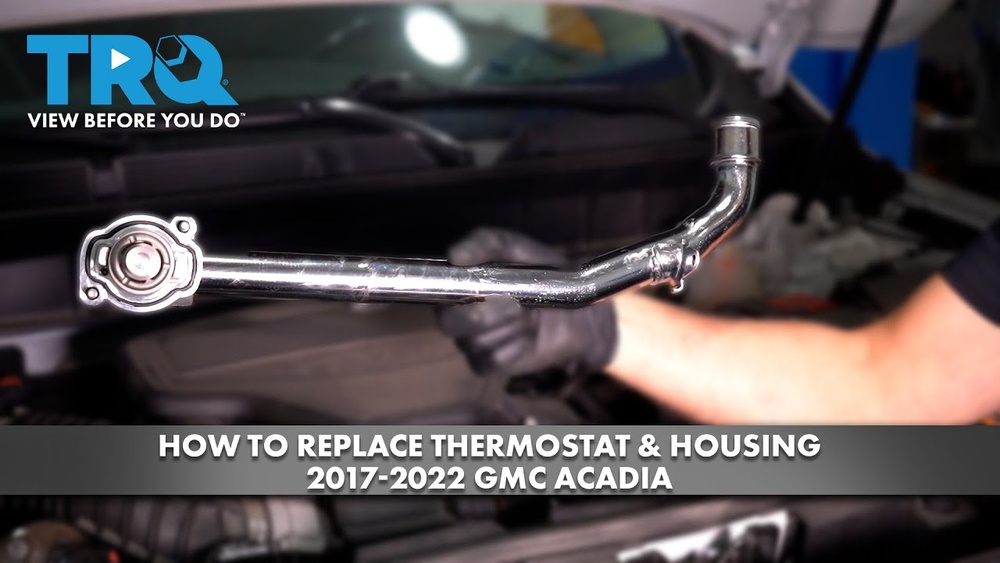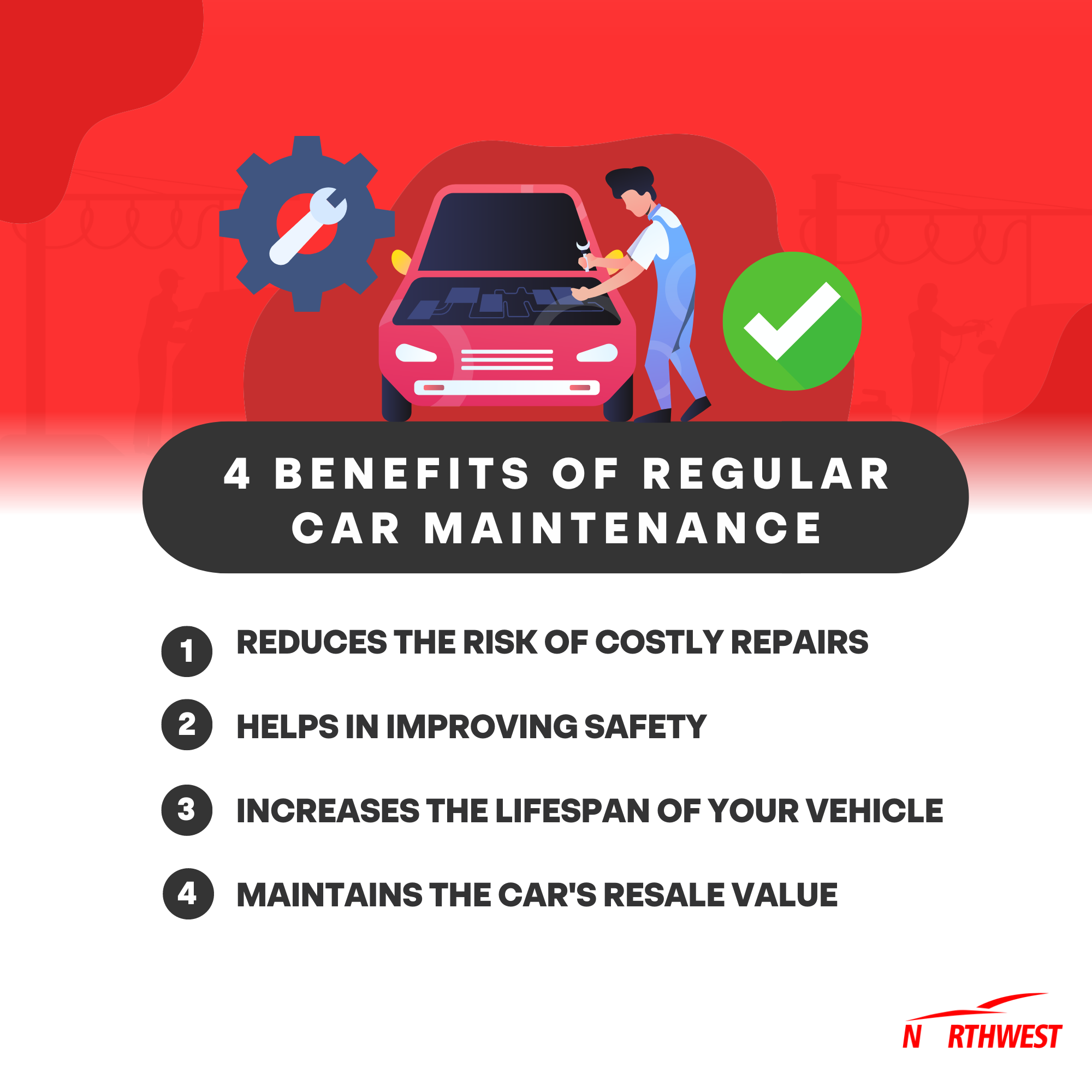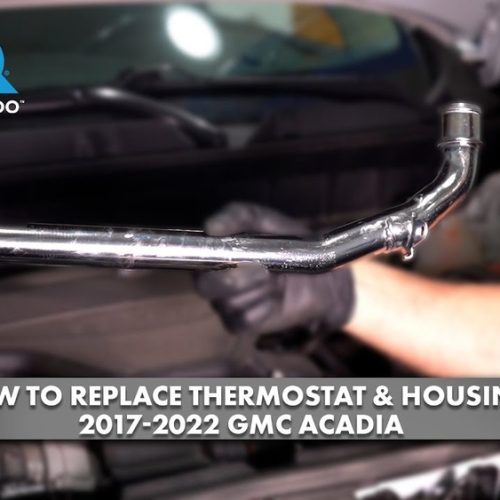Maintaining your car can save you money and keep you safe. Regular maintenance keeps your vehicle running smoothly.
Understanding the benefits of car maintenance is crucial for every car owner. Regular upkeep not only extends the life of your vehicle but also ensures it performs at its best. Neglecting maintenance can lead to costly repairs and unexpected breakdowns.
By taking care of your car, you can avoid inconvenience and improve safety. This article will explore the many advantages of regular car maintenance, highlighting why it’s important for every driver. Whether you are a new driver or an experienced one, knowing these benefits can help you make informed decisions about your vehicle. Dive in to learn how routine maintenance can enhance your driving experience and keep your car in top condition.
Introduction To Car Maintenance Benefits
Maintaining your car is crucial for its longevity and performance. Regular car maintenance ensures your vehicle remains safe, efficient, and reliable. This guide explores the benefits of maintaining your car, focusing on the importance of regular maintenance and the long-term savings it offers.
Importance Of Regular Maintenance
Regular maintenance keeps your car running smoothly. It helps you avoid unexpected breakdowns. Routine checks can identify minor issues before they become big problems. This means fewer trips to the mechanic and less inconvenience.
Additionally, regular maintenance improves fuel efficiency. A well-maintained engine runs better, using less fuel. This means more miles per gallon and less money spent on gas. Regular oil changes, tire rotations, and brake checks are essential for keeping your vehicle in top shape.
Long-term Savings
Investing in regular maintenance saves money in the long run. Minor repairs and tune-ups cost less than major repairs. Addressing small issues early prevents costly repairs later. For example, changing the oil regularly prevents engine damage. An engine replacement is far more expensive than an oil change.
Proper maintenance also extends your car’s lifespan. A well-maintained car can last many years. This means you can avoid the cost of buying a new car. Keeping your car in good condition increases its resale value. Buyers are willing to pay more for a car with a good maintenance history.
| Maintenance Task | Frequency | Benefits |
|---|---|---|
| Oil Change | Every 3,000-5,000 miles | Prevents engine wear, improves performance |
| Tire Rotation | Every 6,000-8,000 miles | Even tire wear, better handling |
| Brake Inspection | Every 12,000 miles | Ensures safety, prevents costly repairs |
Enhanced Vehicle Performance
Enhanced Vehicle Performance is one of the key benefits of regular car maintenance. Keeping your vehicle well-maintained ensures that it runs smoothly and efficiently. This not only makes driving more enjoyable but also extends the life of your car. Here, we will delve into how regular maintenance can optimize engine efficiency and improve fuel economy.
Optimizing Engine Efficiency
Regular maintenance tasks, such as oil changes and spark plug replacements, are essential for optimizing engine efficiency. Fresh oil reduces friction, ensuring the engine runs smoothly. Dirty oil, on the other hand, can clog parts and slow down the engine.
Replacing spark plugs also plays a crucial role. Worn-out spark plugs can cause misfires. This affects the overall performance of your engine. Regular checks and replacements keep the engine firing properly.
Maintaining the air filter is another critical task. A clean air filter allows the engine to breathe better. This improves combustion efficiency and overall engine performance.
Improving Fuel Economy
Regular maintenance can also improve fuel economy. A well-maintained engine uses fuel more efficiently. This means you get more miles per gallon.
Keeping tires properly inflated is another important step. Under-inflated tires increase friction, which can lead to higher fuel consumption. Check tire pressure regularly to ensure they are at the recommended level.
Here are some key maintenance tasks that help improve fuel economy:
- Regular oil changes
- Proper tire inflation
- Replacing air filters
- Maintaining the fuel system
Following these steps not only saves you money on gas but also ensures your car runs efficiently.
Safety Improvements
Regular car maintenance ensures your vehicle is safe on the road. It prevents many common issues that can lead to accidents. Maintaining your car is not just about keeping it running. It’s about keeping you and your loved ones safe.
Preventing Breakdowns
Breakdowns can be dangerous, especially on busy roads. Regular maintenance checks help prevent these unexpected stops. Mechanics can spot and fix small problems before they turn into big issues. This reduces the risk of your car breaking down in unsafe locations.
| Check | Frequency |
|---|---|
| Oil Change | Every 3,000-5,000 miles |
| Tire Pressure | Monthly |
| Battery | Every 6 months |
Ensuring Reliable Braking
Brakes are crucial for your safety. Worn-out brakes can fail and cause accidents. Regular brake inspections ensure they work well. Mechanics will check brake pads, fluid, and rotors. They will replace any worn-out parts.
Here are some benefits of regular brake maintenance:
- Better stopping power
- Reduced wear on tires
- Longer lifespan of brake components
Make sure to have your brakes checked every 10,000 miles or as recommended by your car’s manual. This keeps you safe and prevents costly repairs.
Extended Vehicle Lifespan
Regular car maintenance is essential for extending your vehicle’s lifespan. By taking care of your car, you ensure it runs smoothly for years. This proactive approach helps in minimizing issues and keeping your vehicle in top condition.
Reducing Wear And Tear
Routine maintenance reduces wear and tear on your vehicle. Regular oil changes keep the engine lubricated. Clean filters ensure the engine breathes properly. Proper tire maintenance prevents uneven wear. This leads to a smoother, safer ride.
Avoiding Costly Repairs
Maintaining your car helps you avoid costly repairs. Small issues can turn into big problems if ignored. Regular check-ups identify potential issues early. Fixing these issues promptly saves money. It also prevents breakdowns on the road.
Maintaining Vehicle Value
Maintaining your vehicle’s value is crucial. Regular car maintenance can help keep your car in top shape. This not only ensures smooth performance but also helps retain its value over time. A well-maintained vehicle is more attractive to buyers and dealerships alike.
Higher Resale Value
Buyers prefer cars that have been well cared for. Regular oil changes, tire rotations, and inspections show the vehicle has been looked after. This can lead to a higher resale value. Potential buyers often ask for service records. Providing these can make your car more appealing. It shows transparency and trustworthiness.
Better Trade-in Offers
Dealerships offer better trade-in deals for well-maintained cars. They know such vehicles will need less reconditioning. This saves them money and effort. A clean, serviced car signals that it has fewer hidden issues. This can lead to a better trade-in price. Simple tasks like cleaning and regular checks can make a big difference.

Credit: www.adamsautomotiveservices.com
Environmental Benefits
Maintaining your car not only saves you money but also helps the environment. Well-maintained vehicles use less fuel and produce fewer pollutants. This means fewer harmful emissions in the air, making it cleaner for everyone.
Lower Emissions
Regular car maintenance keeps your engine running smoothly. A well-tuned engine burns fuel more efficiently. Efficient fuel burning reduces the amount of harmful emissions released.
Consider the following maintenance tasks to lower emissions:
- Regular oil changes: Fresh oil reduces engine friction, improving performance and reducing emissions.
- Replacing air filters: Clean air filters ensure proper air-fuel mixture, leading to better combustion and fewer pollutants.
- Checking the exhaust system: A well-maintained exhaust system helps in reducing the release of harmful gases.
Reduced Carbon Footprint
Lowering your car’s carbon footprint means reducing the amount of carbon dioxide (CO2) it emits. This is crucial for fighting climate change.
Here are some tips to reduce your car’s carbon footprint:
- Tire maintenance: Keeping tires properly inflated improves fuel efficiency.
- Regular tune-ups: Ensuring your car runs smoothly reduces CO2 emissions.
- Using the right fuel: High-quality fuel burns cleaner and produces less CO2.
By taking these steps, you contribute to a cleaner environment. Every small action counts in making our planet greener.
Cost-effective Maintenance Tips
Maintaining a car can be expensive. But with some smart tips, you can save money. This section covers cost-effective ways to keep your car in top shape. Let’s explore how you can do it yourself or when to call a professional. We will also look at routine checks and procedures.
Diy Vs Professional Services
Knowing when to do it yourself and when to hire a pro can save you money.
DIY Services:
- Oil Changes: You can change the oil at home. It only takes 30 minutes.
- Air Filter Replacement: Easy and quick. No tools needed.
- Windshield Wiper Replacement: Most cars make this simple. Just follow the manual.
Professional Services:
- Brake Repairs: Safety first. Always get a pro to fix brakes.
- Transmission Services: Complex and needs special tools.
- Engine Diagnostics: Professionals have the right equipment.
Routine Checks And Procedures
Performing routine checks keeps your car running smoothly. Here are some key procedures:
| Check | Frequency | Notes |
|---|---|---|
| Tire Pressure | Monthly | Ensures better mileage and safety. |
| Fluid Levels | Every 3 months | Check oil, coolant, and brake fluid. |
| Battery Check | Every 6 months | Prevents unexpected breakdowns. |
Regular maintenance extends your car’s life. Plus, it prevents costly repairs. Follow these simple tips to keep your car in top condition.

Credit: superiorautobodysk.com

Credit: www.porschemilwaukeenorth.com
Frequently Asked Questions
Why Is Regular Car Maintenance Important?
Regular car maintenance ensures your vehicle runs smoothly and safely. It prevents unexpected breakdowns, improves fuel efficiency, and extends the lifespan of your car.
How Often Should I Service My Car?
Typically, you should service your car every 12,000 miles or 12 months. However, always refer to your car’s manual for specific recommendations.
What Are The Benefits Of Timely Oil Changes?
Timely oil changes keep your engine clean and lubricated. This reduces wear and tear, improves performance, and prolongs engine life.
Can Regular Maintenance Improve Fuel Efficiency?
Yes, regular maintenance, such as tire checks and air filter replacements, can improve fuel efficiency. It ensures your car runs optimally, saving you money on fuel.
Conclusion
Regular car maintenance offers many benefits. It keeps your car running smoothly. Saves money on costly repairs. Extends the life of your vehicle. Ensures your safety on the road. Boosts fuel efficiency and performance. Regular check-ups can prevent unexpected breakdowns.
Maintained cars have higher resale value. You enjoy peace of mind. Prioritize car maintenance for a better driving experience. Happy driving!








